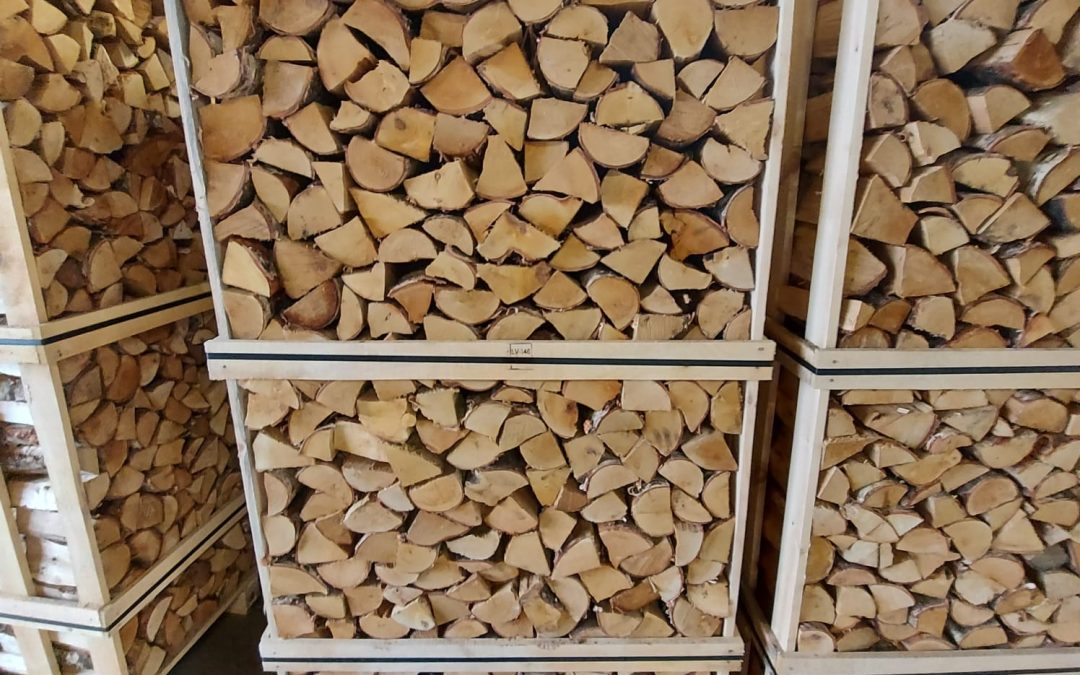Introduction to Hardwood Logs
Hardwood logs are a popular choice for various applications, including firewood, furniture making, and construction. They are derived from deciduous trees, known for their dense structure and durability. Common types of hardwood logs include Ash, Oak, Birch, and Alder, each offering unique properties and benefits.
Types of Hardwood Logs
Understanding the different types of hardwood logs can help you make informed decisions based on your needs.
Ash
Ash hardwood logs are known for their excellent strength and flexibility. They are often used in furniture and sports equipment due to their resilience.
Oak
Oak hardwood logs are highly sought after for their durability and beautiful grain. They are commonly used in flooring, cabinetry, and wine barrels.
Birch
Birch hardwood logs have a fine grain and a light color, making them ideal for decorative items and cabinetry.
Alder
Alder hardwood logs are lightweight and easy to work with, making them a favorite among woodworkers for crafting furniture and cabinetry.
Benefits of Using Hardwood Logs
Utilizing hardwood logs offers numerous advantages:
- Durability: Hardwood logs are known for their long lifespan and resistance to wear.
- Versatility: They can be used in a variety of applications, from construction to decorative pieces.
- Eco-friendly options are available, such as PEFC and FSC certified logs.
Firewood Quality
When selecting hardwood logs for firewood, it is essential to consider their quality. Logs that are ready to burn have been properly seasoned and have a moisture content of less than 15%. This ensures efficient burning and minimal smoke production.
Packaging and Weight
Hardwood logs are available in various packaging options to suit different needs:
Box Weights
Typically, a box of hardwood logs weighs between 380-420kg, with 30 boxes fitting in a truck and 32 in a container.
Bag Weights
For smaller quantities, bags of hardwood logs are convenient, weighing around 13-15kg each.
Moisture Content and Its Importance
The moisture content of hardwood logs is crucial for their performance. Logs with moisture levels below 15% are ideal for burning, as they ignite easily and produce more heat.
Certification Standards
When purchasing hardwood logs, look for certifications such as PEFC, FSC, and HT certified. These certifications ensure that the wood is sourced sustainably and meets quality standards.
Storage Recommendations
Proper storage of hardwood logs is essential to maintain their quality. Here are some tips:
- Store logs in a dry, well-ventilated area.
- Elevate logs off the ground to prevent moisture absorption.
- Cover logs with a tarp to protect them from rain while allowing airflow.
Uses of Hardwood Logs
Hardwood logs have a wide range of applications:
- Firewood for heating and cooking.
- Furniture and cabinetry.
- Musical instruments and sports equipment.
Conclusion
Hardwood logs are an excellent choice for various applications, offering durability, versatility, and sustainability. By understanding the different types and qualities, you can make the best choice for your needs. Whether for firewood or crafting, hardwood logs provide reliable and lasting benefits.


